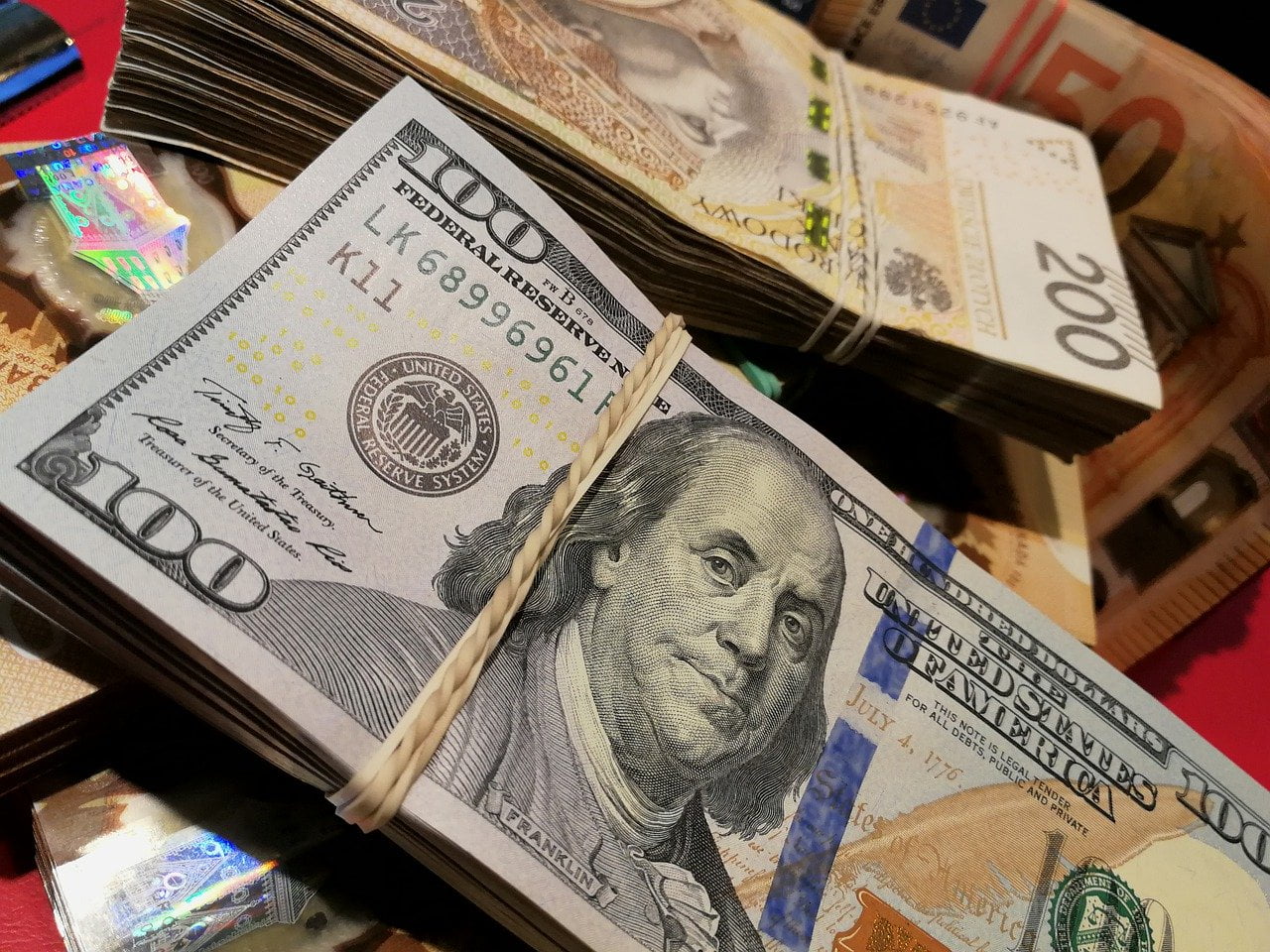If you’re a business owner, you’ve been there. You have a great idea and plan to take your startup to the next level, but you’re missing the cash to do it. You have no credit history and no collateral, so you can’t get a bank loan. And you don’t have any friends or family willing or able to give you a loan of some kind. Your credit rating is pretty bad, and there’s no way you can get a personal loan from anyone either.
Q1 2021 hedge fund letters, conferences and more
Things To Look Out When Getting A Personal Loan
Instead, you find yourself turning to a "personal loan" from an online lender. What seems like an easy solution quickly becomes a headache that will last for years if you don't know what you're getting into.
Predetermined Payments
When borrowing money with a credit card, you enjoy the freedom to take as long as you need to repay the loan. With a personal loan, you agree to pay back a fixed amount of money in regular installments. These installments typically are due every two weeks or month and range from $25 to $100 or more, depending on the size of your loan and the length of your repayment period. The typical lengths of loans range from 12 to 60 months, but no matter how much money you receive, your payments will be the same.
In exchange for the convenience of having a set payment schedule, personal loans usually charge a higher interest rate than those on credit cards. This is because lenders typically don't have any recourse if you default on a loan. You have already guaranteed that you will make regular payments, but your lender cannot go after your credit score or take legal action to recover their losses if you fall behind. This means they must charge higher interest rates in case you default on your loan.
Origination Fees
Besides the interest you have to pay on a loan, many personal loans require that you pay origination fees to meet the cost of processing the loan. In many cases, the origination fee can range between 15 and 6% of the total amount of the loan. You must pay the origination fee upfront when you take the loan, rather than paying it back over time as part of the monthly repayments. The level of your origination fee is one of the main differences between personal loans for good credit and personal loans for bad credit. If you have a good credit score, lenders may be willing to give you a personal loan with no origination fees at all. However, if you have a bad credit score, many lenders will require that you pay an origination fee to cover the costs of processing your loan.
If you have a bad credit score, you must understand how the origination fee works on your personal loan. If your credit check is expensive or your total debt-to-income ratio is high, the lender could significantly charge you for their trouble. In some cases, this could be enough to increase your monthly payments by hundreds of dollars per month.
Higher Interest Rates
If you already have good credit, a personal loan usually comes with a lower interest rate than other types of loans. But if your credit rating isn't attractive, a personal loan could cost you a lot in interest. It could even cost more than a credit card. In particular, unsecured personal loans tend to cost more than other types of installment loans, like home equity loans.
Lengthy Application Process
Personal loans are often a lot quicker to apply than credit loans. But you still have to go through the formal loan application process, which can be lengthy and time-consuming if you lack the required documents.
Debt Recycling
Personal loans are a good option if you intend to consolidate debt. But this is not a permanent solution because all you have done is cycled debt and transferred it from different sources to one source, your personal loan. Keep in mind that you will still be paying interest for the personal loan.
Prepayment Penalties
When you borrow money using a credit card, you can avoid paying interest by paying the full balance once you can afford it. But that is not always the case with a personal loan. Many lending institutions will charge a prepayment penalty if you repay your loan early so they can make up for the interest they will miss out on.
When applying for a personal loan, it is important to weigh the benefits and disadvantages and research the comparison interest rates. You can work out what you need and what is best for you.
Conclusion
It's very easy to put off paying the bills and charge them on your credit cards. This is, however, not an option that most people should take since a personal loan is a short-term solution for larger debts and shouldn't be used for long-term expenses. People who plan to use the money for long-term expenses like insurance or a mortgage should look at other ways of paying off their debts. In the end, you should always avoid taking out a loan and use other means to pay off your bills instead.






